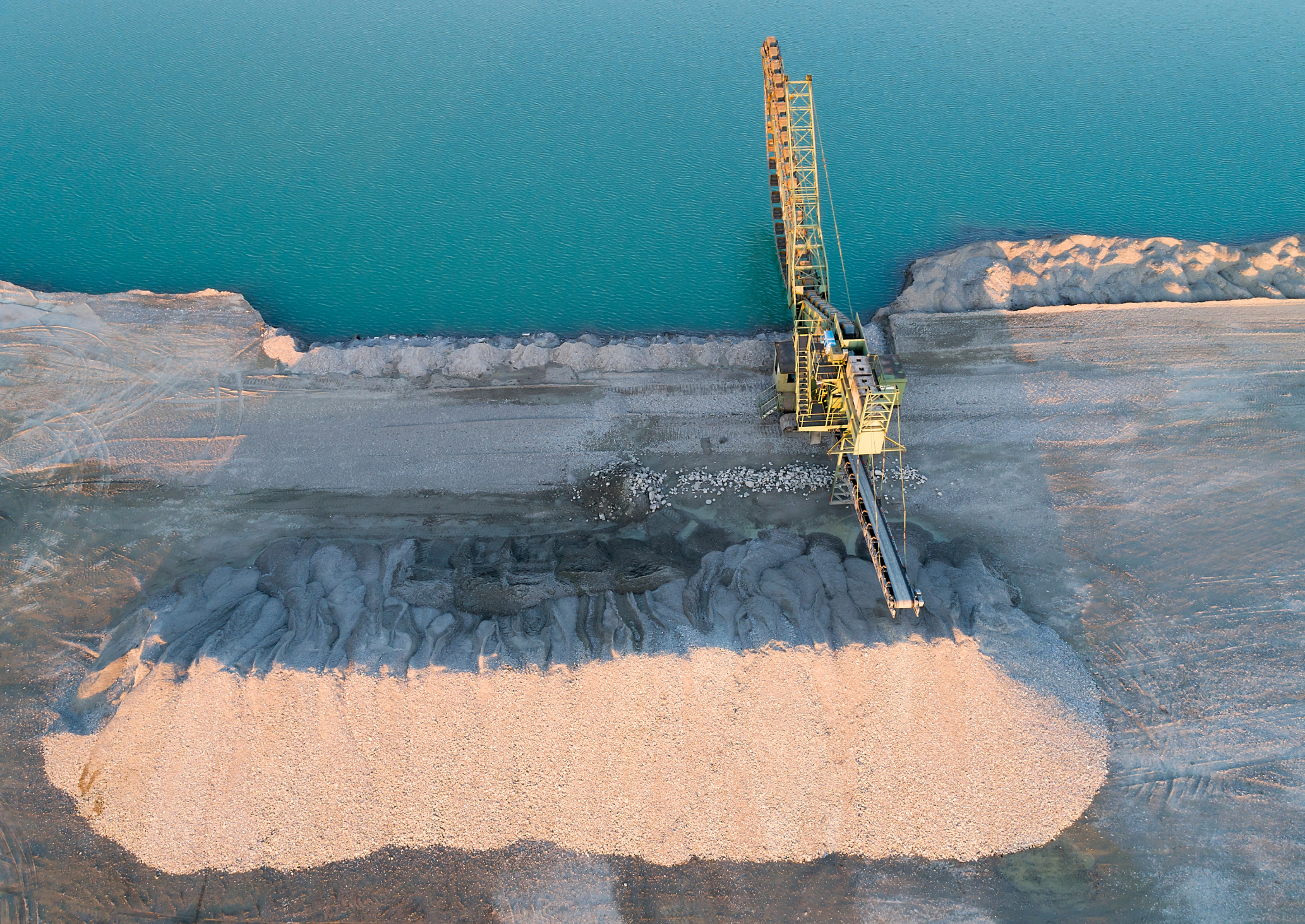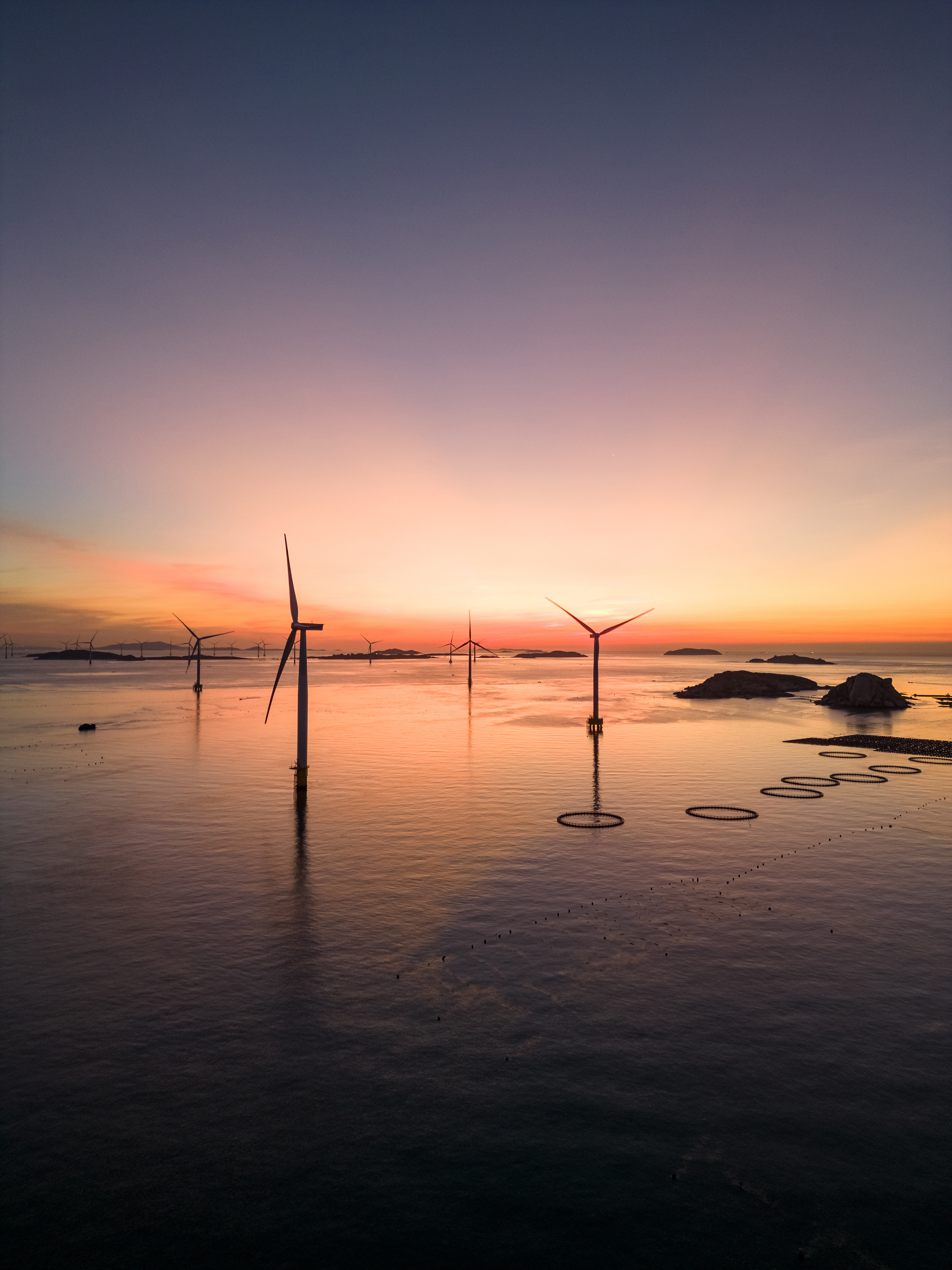Lazard Asset Management: COP28 Insights
The latest from Lazard Asset Management on the climate change-related issues investors should be focused on during COP28.
Observations of COP28
December 2023
On the ground in Dubai, Nikita Singhal, Co-Head of Sustainable Investment & ESG, reviews three of the notable announcements at COP28 so far, and shares her views on potential investment opportunities in the climate mitigation and adaptation space.
EM Sovereign Bond Spreads and Climate Risk: Will Correlations Grow Post-COP28 Commitments?
November 2023
In the lead up to COP28, read how our Emerging Market Debt and Sustainable Investment teams use their proprietary sovereign ESG scoring and climate risk models to investigate the relationship between ESG and climate considerations – transition & physical risks – and bond prices.
Investing in the Energy Transition through Emerging Markets Equities
December 2023
The International Energy Agency (IEA) identified five priorities to keep “1.5℃ alive” in its 2023 World Energy Outlook. Most notable was the need for three times the current level of investment in clean energy in emerging markets (EM) ex-China by 2030. In this piece, members of Lazard Asset Management's Sustainable Investment & ESG Team, and Emerging Markets Equity Team, explore how investors can gain exposure to EM energy transition through public equities markets.
Three Questions Before COP28
November 2023
As we approach COP28, Nikita Singhal, Co-Head of Sustainable Investment and ESG, details why investors should consider three critical questions to better assess the pace and depth of the energy transition and related responses to climate change.
Levelized Cost of Energy+ 2023

Lazard has been analyzing the levelized costs of energy from various generation technologies, energy storage technologies, and hydrogen production methods, since 2007.
Below, Lazard's Power, Energy & Infrastructure Group shares some of the key findings from the 2023 Levelized Cost of Energy+ report.
Levelized Cost of Energy 2023
Companies of scale that can take advantage of supply chain and other economies of scale will continue to lead the buildout of new renewable assets, given the observed LCOE declines for best-in-class renewable generation relative to smaller or more regionally-focused companies that have seen moderate to significant LCOE increases. We believe this trend will lead to ongoing consolidation across the sector as well as development of evolved business models and strategies to address supply chain and scale considerations.
Levelized Cost of Storage 2023
Energy Storage System (ESS) use cases and applications are becoming more valuable, well understood and widespread as grid operators begin adopting methodologies to value ESS resources, leading to increased transaction activity and an infrastructure classification for the ESS asset class. Further, while input costs are exposed to the same pressures as the broader Energy Transition sector (supply chain issues and inflationary pressures), the U.S. Inflation Reduction Act’s grant of ITC eligibility for standalone ESS assets has kept 2023 values relatively neutral as compared to 2022.
Levelized Cost of Hydrogen 2023
Hydrogen is currently produced primarily from fossil fuels using steam-methane reforming and methane splitting processes (“gray” hydrogen). A variety of additional processes are available to produce hydrogen from electricity and water, which are at varying degrees of development and commercial viability. Given its versatility as an energy carrier, hydrogen has the potential to be used across industrial processes, power generation and transportation, creating a path for decarbonizing energy-intensive industries where other technologies/alternatives are not presently viable.







